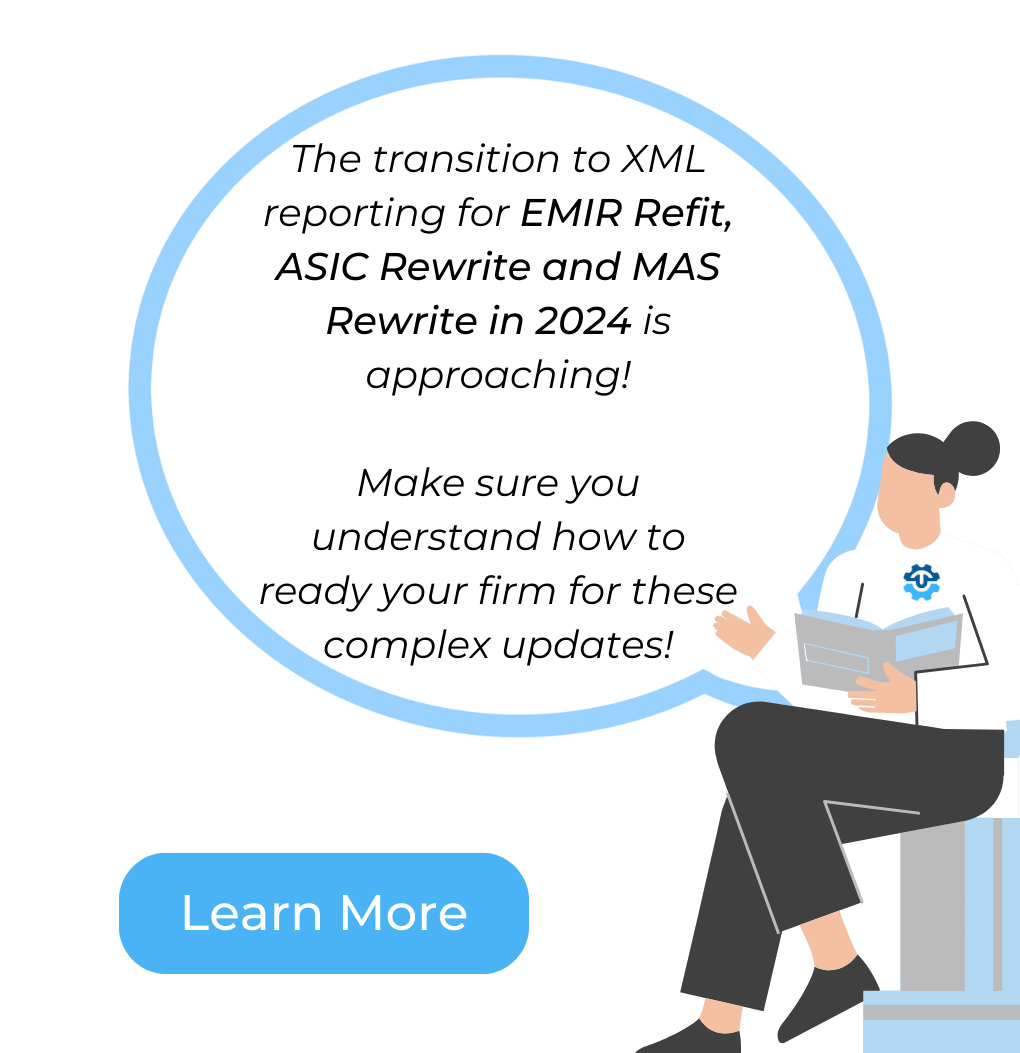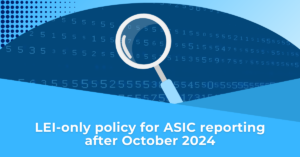Accuracy of reporting and delegate oversight – ASIC
ASIC’s OTC derivative transaction reporting rules allow reporting entities to delegate their reporting obligations to a third party. In doing so, reporting entities are required to take all reasonable steps to ensure the completeness, accuracy and currency of the information reported (Rule 2.2.6 of the ASIC Trade Reporting Rules).
Removal of ‘safe harbour’ provisions and how to conduct delegate oversight moving forward?
Prior to 21 October 2024, there were ‘safe harbour’ provisions in the ASIC Trade Reporting Rules for reporting entities, which essentially meant compliance with certain rules occurred when the terms of the reporting entity’s delegated arrangement were documented in writing and they also made ‘regular inquiries’ in determining if its reporting delegate was discharging its obligations under the relevant delegate appointment. The ASIC Reporting Rules have changed such that the ‘safe harbour’ provisions have been removed – now reporting entities have full responsibility for reporting requirements where it chooses to delegate these requirements to one or more delegate.
Once a delegate is appointed, reporting entities are to ensure there is a suitable governance framework and systems in place as well as processes and controls designed – this is to ensure the information required to be reported (including changes to such information) is and always remains complete, accurate and current.
TRAction recommends you confirm who within your organisation manages the trade reporting function and consider the arrangement of its engagement with its reporting delegate/s including monitoring of the delegate’s reporting of trades on their behalf. You should also consider the magnitude of your trading activity and the size and nature of your trading business as this will also impact on how often you should conduct oversight of your delegate.
RG 251 provides that at a minimum, reconciliations should be performed at least monthly, regardless of whether the reporting function is carried out by yourself or your delegate/s. Large and active banks and institutions are expected to undertake reporting reconciliations more frequently. Where there are periods of change implementation, you should increase the frequency and form of reporting reconciliations and checks.
How does TRAction help its clients meet these obligations?
TRAction has developed a simple system for clients to review and determine whether TRAction is meeting its obligations as a reporting delegate.
On a daily basis, TRAction provides its clients handback files which details the transactions which have been uploaded to the Australian Derivative Trade Repository (ADTR). These files are generated every day upon successful completion of transaction uploads to the TR and are returned daily to the secure portal.
You should ensure you:
- reconcile your raw data against the handback files (use the detailed guidance provided to you as part of TRAction onboarding process); and
- use the handback file you receive at the end of the month to cross check your monthly TRAction invoice.
With the process developed by TRAction above, oversight into TRAction is easy and can occur frequently.
Feel free to contact us for further information or if you have any questions.









